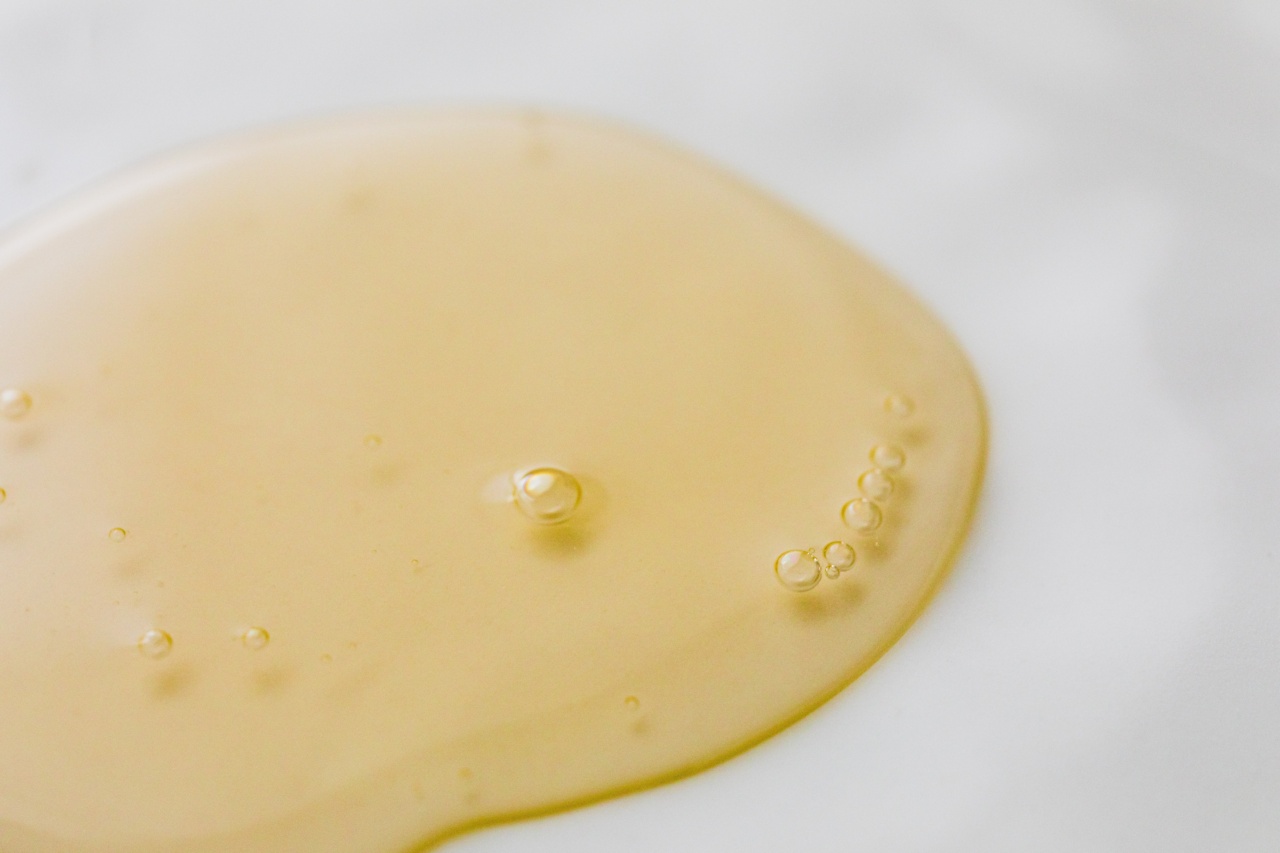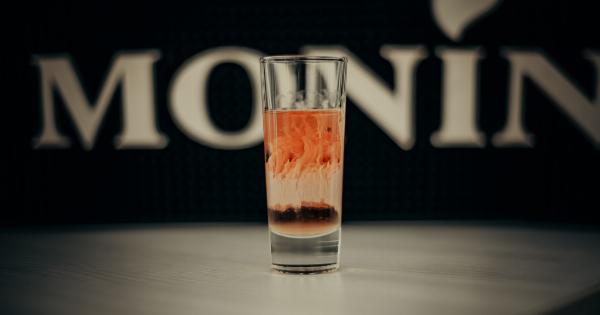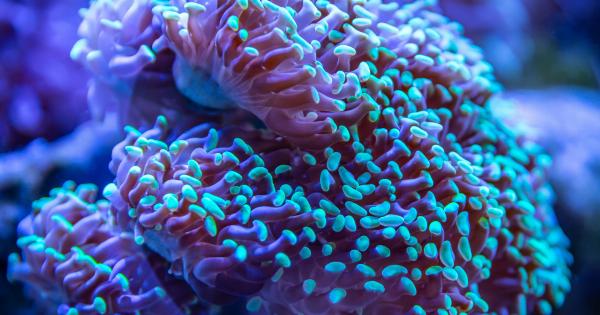In today’s fast-paced and busy world, it’s easy to overlook the importance of staying hydrated. However, according to nutritionist Efstathia Papadas, proper hydration is crucial for maintaining optimal health and well-being.
In this article, we will explore the various reasons why staying hydrated is so important and how it affects our overall health.
What is Hydration?
Hydration refers to the process of replenishing and maintaining adequate fluid levels in our bodies. The human body is primarily composed of water, making hydration essential for proper bodily functions.
Water is involved in numerous physiological processes, including digestion, circulation, temperature regulation, and waste removal.
The Role of Water in the Body
Water serves several key functions in the body:.
1. Regulation of Body Temperature
One of the most critical functions of water is its role in regulating body temperature.
When we are dehydrated, our bodies are not able to efficiently cool down through sweating, which can lead to overheating and heat-related illnesses, such as heat exhaustion or heat stroke.
2. Lubrication of Joints and Tissues
Water acts as a lubricant for joints and tissues, helping to prevent friction and cushioning them during movement. Adequate hydration is essential for maintaining the health and function of our musculoskeletal system.
3. Transportation of Nutrients and Oxygen
Water plays a crucial role in the transportation of nutrients and oxygen throughout the body. It helps deliver these vital substances to our cells and organs, ensuring their proper function and overall nourishment.
4. Removal of Waste Products
Proper hydration is necessary for the effective removal of waste products from the body. Water helps flush out toxins and waste materials through urine and sweat, supporting healthy kidney function and detoxification processes.
5. Maintenance of Electrolyte Balance
Electrolytes are minerals that carry an electrical charge and are essential for various bodily functions. Water aids in maintaining the balance of electrolytes, such as sodium, potassium, and magnesium, in our cells and fluids.
This balance is crucial for proper nerve function, muscle contractions, and maintaining fluid balance within the body.
The Consequences of Dehydration
When we don’t consume enough water to meet our body’s needs, we become dehydrated. Dehydration can have detrimental effects on our health and well-being. Some common consequences of dehydration include:.
1. Decreased Cognitive Function
Research has shown that even mild dehydration can impair cognitive performance, such as memory, attention, and mood. Staying adequately hydrated can help maintain optimal brain function and improve cognitive abilities.
2. Reduced Physical Performance
When we are dehydrated, our physical performance can suffer. Water is essential for maintaining energy levels, lubricating joints, and regulating body temperature during physical activity.
Dehydration can lead to muscle cramps, fatigue, and decreased endurance.
3. Digestive Issues
Insufficient hydration can lead to digestive problems, such as constipation and poor digestion. Water facilitates the movement of food through the digestive tract and supports optimal nutrient absorption.
Dehydration can cause slow bowel movements and discomfort.
4. Impaired Kidney Function
The kidneys play a crucial role in filtering waste from the bloodstream and maintaining fluid balance.
When we are dehydrated, the kidneys may struggle to perform their function effectively, potentially leading to kidney stones or urinary tract infections.
How Much Water Do We Need?
The amount of water an individual needs can vary based on several factors, including age, sex, activity level, and climate.
As a general guideline, it is recommended to drink about eight 8-ounce glasses of water per day, commonly known as the “8×8 rule.” However, this is a rough estimate, and individual water needs can vary.
Factors Influencing Water Needs
Several factors can influence an individual’s water needs:.
1. Physical Activity
Engaging in physical activity, particularly intense or prolonged exercise, increases the body’s water requirements. It is important to drink water before, during, and after exercise to maintain hydration levels.
2. Climate
In hot and humid climates, we tend to sweat more, resulting in increased fluid losses. It is crucial to drink additional water in these conditions to prevent dehydration.
3. Illness
When we are sick, such as with a fever, vomiting, or diarrhea, our body loses additional fluids. Restoring hydration becomes even more critical during illness to prevent further complications.
Ways to Stay Hydrated
Staying hydrated doesn’t just mean drinking plain water; there are various ways to ensure adequate fluid intake:.
1. Drink Plenty of Water
The simplest and most effective way to stay hydrated is to drink plenty of water throughout the day. Make it a habit to carry a water bottle with you and sip water regularly, even when you’re not feeling thirsty.
2. Consume Hydrating Foods
Many fruits and vegetables have high water content and can contribute to your overall hydration. Include foods like watermelon, cucumbers, oranges, and strawberries in your diet to increase your fluid intake through food.
3. Limit Caffeine and Alcohol
Beverages like coffee and alcohol can have a diuretic effect, meaning they increase urine production and can contribute to dehydration. Limit your intake of these drinks and balance them with water.
4. Set Reminders
In our busy lives, it’s easy to forget to drink enough water. Set reminders on your phone or use smartphone apps that track your water intake to ensure you are staying hydrated throughout the day.
5. Monitor Urine Color
Monitoring the color of your urine can provide insights into your hydration levels. If your urine is light yellow or clear, it indicates you are properly hydrated. Dark yellow urine may be a sign of dehydration and a reminder to drink more water.
Conclusion
Staying hydrated is of utmost importance for maintaining optimal health and well-being. Adequate hydration supports numerous physiological functions, keeps our bodies functioning properly, and prevents the negative consequences of dehydration.
Being aware of our individual water needs and making conscious efforts to ensure sufficient fluid intake throughout the day are essential for staying hydrated and promoting overall health.































